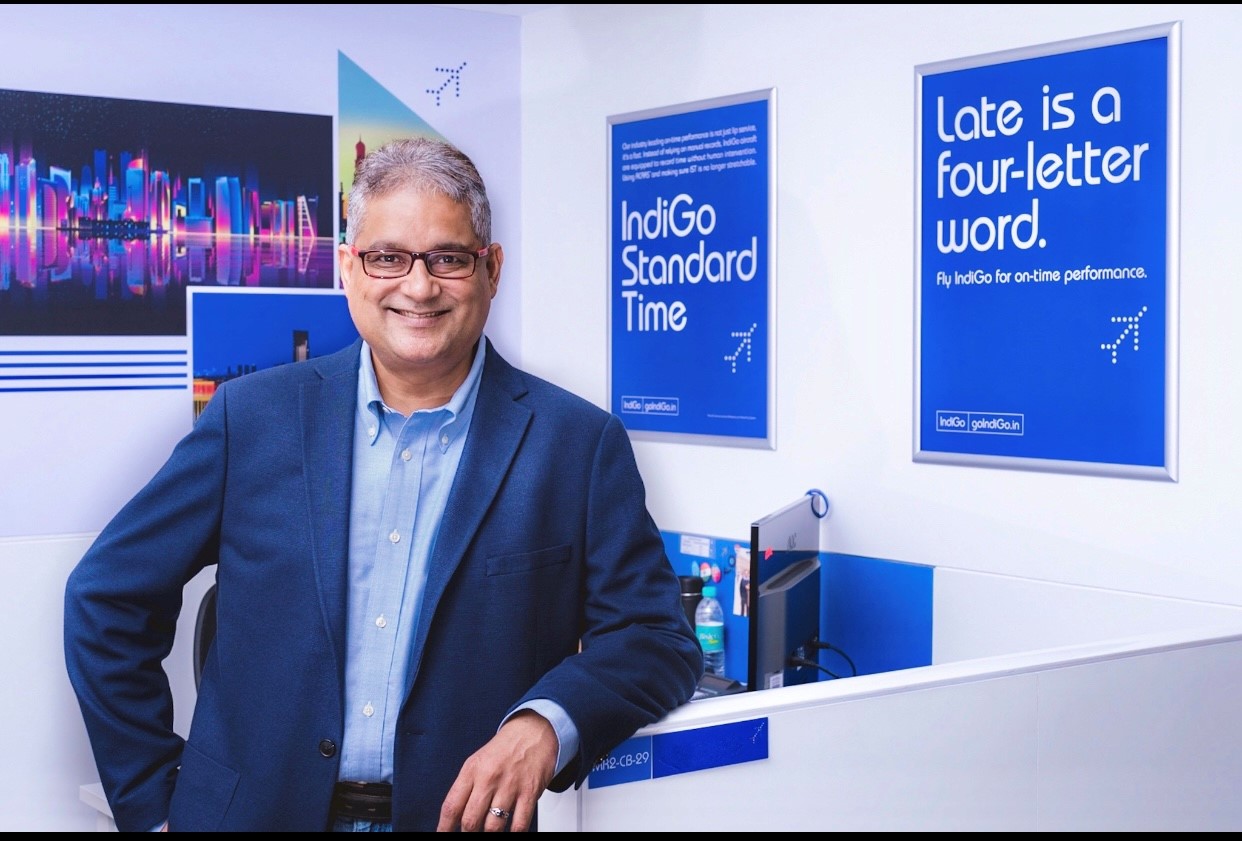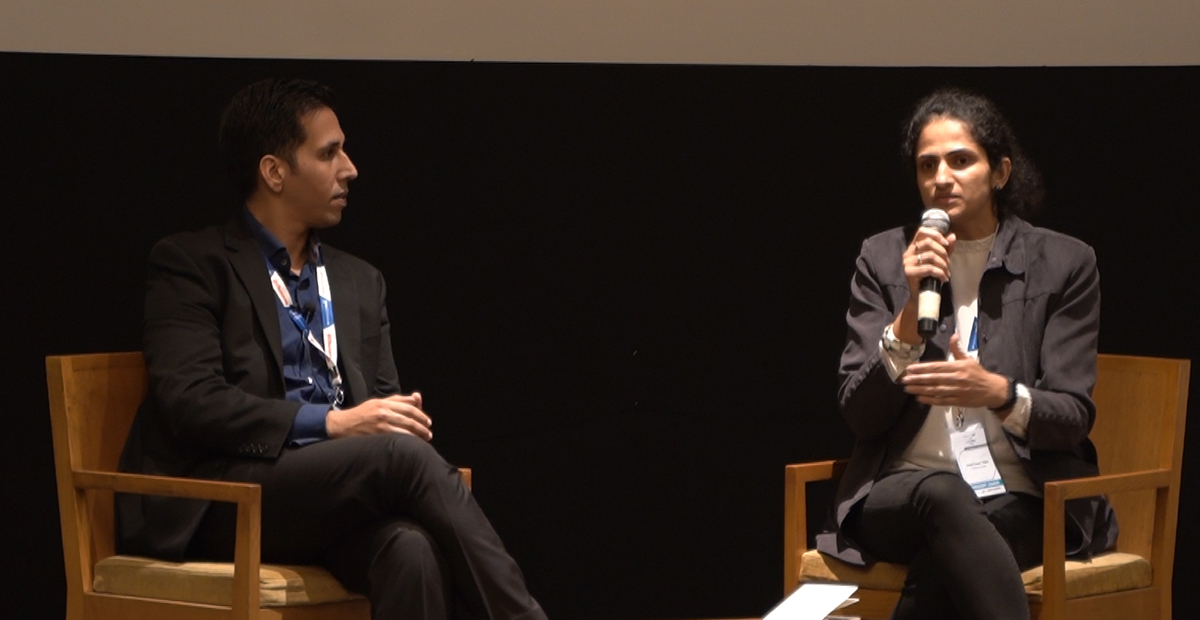And specifically for hotels?
AB: Of course, running hotels is a different ballgame. You can’t run hotels remotely. You have to be there. I think in the industries, at the backend, in the corporate offices, things will change. And customers will require different things.
Yes, COVID-19 will have an impact; can’t say it won’t, can’t say it is a blip. All of us hope that it is a blip. But there will be pluses and minuses. For example, if you were to hire an office somewhere, you may knock on a hotel’s doors and block some space for office use intermittently. The consumer may not offer any deposits or securities. So, if occupancies remain a challenge, some of these answers may come out in terms of converting guest rooms into offices at good locations everywhere in the country. Customers would have access to all back-office facilities, 24 hours. It can’t get much better.
You have a deep presence in cities and towns that are coming up in a major way if I may use the term tier-2 and tier-3 cities. How is talent acquisition and management different there, from major cities? Have you faced any major challenges or peculiar opportunities there?
AB: Yes, we have. You are right. Those cities and towns can pose a bigger challenge. It depends on the kind of city. For example, we recently opened a hotel in Panipat and didn’t have a local talent bank to tap into. If I were to open a hotel in Jaisalmer, there are 20-odd branded hotels there. It would be that much easier to tap talent from within or even get our people to go there. So, it depends on the market’s maturity, the city’s population and its size in relation to the hotel.
Our long-term commitment is to find as many people as possible locally and mature them even to senior positions. These people do not tend to jump away in a hurry, and they are not doing you a favor by being there. They have homes there and wish to grow.
It has been the case in Puducherry. We started a hotel there 15 years ago and developed a local team of mid and senior-level management.
It should be mandatory and not optional for any hotel company to tap into the local talent pool and develop them. And it is challenging in the initial stages because they are not accustomed to what you are asking them to do. But it has to be worked upon; you can’t import talent all the time.
Things were looking alright in terms of ARRs and REVPARs in 2018 and 2019. Now we have hotels very much in survival mode. Do you have a timeline in mind where you see the industry going back to the pre-COVID-19 levels in occupancies, average room rates and revenue per room?
AB: I believe we will do 65-70 percent of 2019 in 2021.
This is for your group or pan-industry?
AB: This is for my group, and I am also talking pan-industry. I am certainly not aloof from the industry. I may be 5 percent higher, but I am no magician. Improvement will happen in the latter part of 2021. And hopefully, by that time, we will have vaccines available in the country for a certain number of people.
In 2022, the industry may register 80-90 percent business of what we did in 2019. By the way, we never got back to the 2007 levels. Considering that 2021 will see very little foreign inbound, it is a tall task. It won’t be easy.
Is this assessment across segments? Any thoughts on the mid-segment market? That is where your forte is.
AB: It certainly recovers faster. It is less price-sensitive than the upper segment or the luxury segment. Leisure destinations within drivable distances will see the first spurt of normalcy. They are already on the road to recovery. For us, Mashobra, Palampur and Shimla are working well. Kerala is beginning to pick up now, from within Kerala and from Tamil Nadu. Aside from that, Rajasthan and Agra.









 Behavioral Competencies
Behavioral Competencies Cognitive Competencies
Cognitive Competencies Coding Competencies
Coding Competencies Domain Competencies
Domain Competencies



















Would you like to comment?